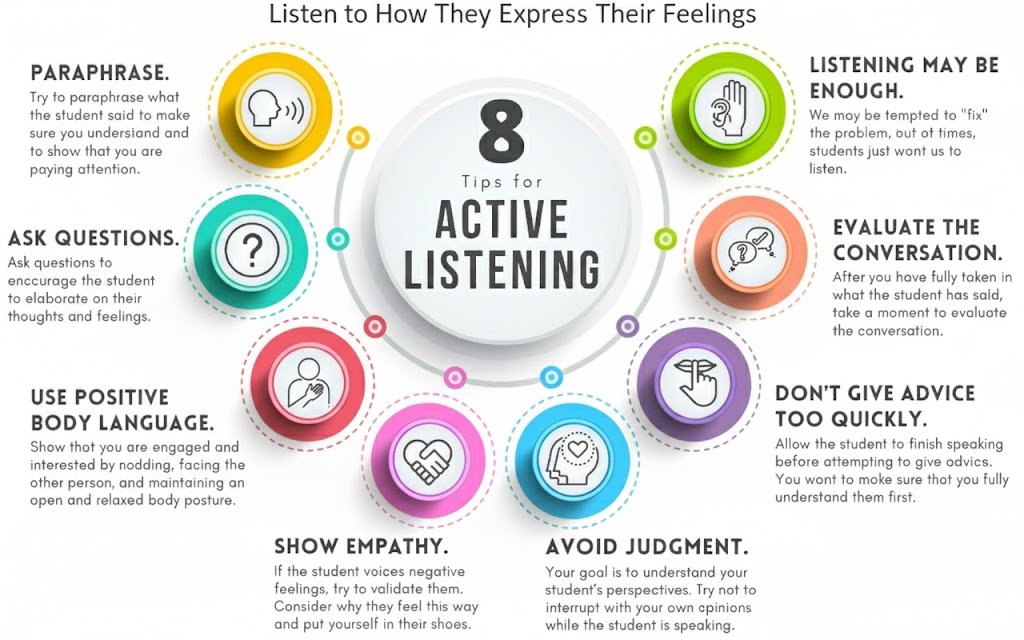You might sense that something feels off; that is, your child seems more distant, easily upset, or simply not like themselves. When these changes continue or begin to affect everyday life, reaching out for Melbourne childrens psychology support can help bring clarity and care.
Here’s how you can recognise when it might be time to seek extra help.
Observe Changes in Daily Behaviour
You may notice small things at first. Maybe bedtime has become a struggle, or your child wakes up more often during the night. Some start skipping meals or lose interest in playtime with friends.
- These shifts can creep in quietly and are often mistaken for moodiness or a “phase.”
- But when the pattern stays for weeks, it could mean your child is feeling uneasy inside.
- Talking it through gently and keeping track of changes helps you see when it might be time for professional input.
Look for Persistent Signs of Anxiety or Sadness
Children may feel nervous or sad sometimes, but when these feelings stay longer than expected, it might be a sign of emotional distress. Notice if they seem tired, withdrawn, or frequently complain of tummy aches without a clear cause. You might also see them avoiding social events or school.
When these patterns persist, it’s best to reach out for professional help for enlightenment on what’s driving the behaviour.
Listen to How They Express Their Feelings

Paying attention to how they talk or play. Bear in mind though that each child expresses their emotions in different ways, i.e., some express through drawings or stories instead of words. If they mention being scared, left out, or feeling “weird,” those comments matter.
A trained child specialist can help interpret what your child is trying to communicate. The session also offers safe ways for the kids to share and manage their emotions.
Notice Changes in Social and School Performance
When teachers mention your child seems distracted or distant, it’s often more than a lack of focus. You might also see it at home through unfinished homework, more frustration, or an unwillingness to join group activities.
Some children lash out, while others pull away completely. These aren’t bad behaviours; they’re usually signs of inner tension.
Getting professional guidance helps uncover whether it’s linked to learning stress, attention challenges, or emotional overwhelm.
Consider the Impact of Family or Life Changes

Major events can unsettle a child more than you expect. Moving to a new area, parental separation, or the loss of a pet can all trigger strong emotions. Pay attention whether there are signs of withdrawal or clinginess after these changes. Providing reassurance and routine typically can help.
If the distress lingers, however, consulting a child-focused psychologist can support your child’s ability to adjust and regain a sense of security.
Reach out to Laburnum Psychology to talk about psychology services that your children might need.

